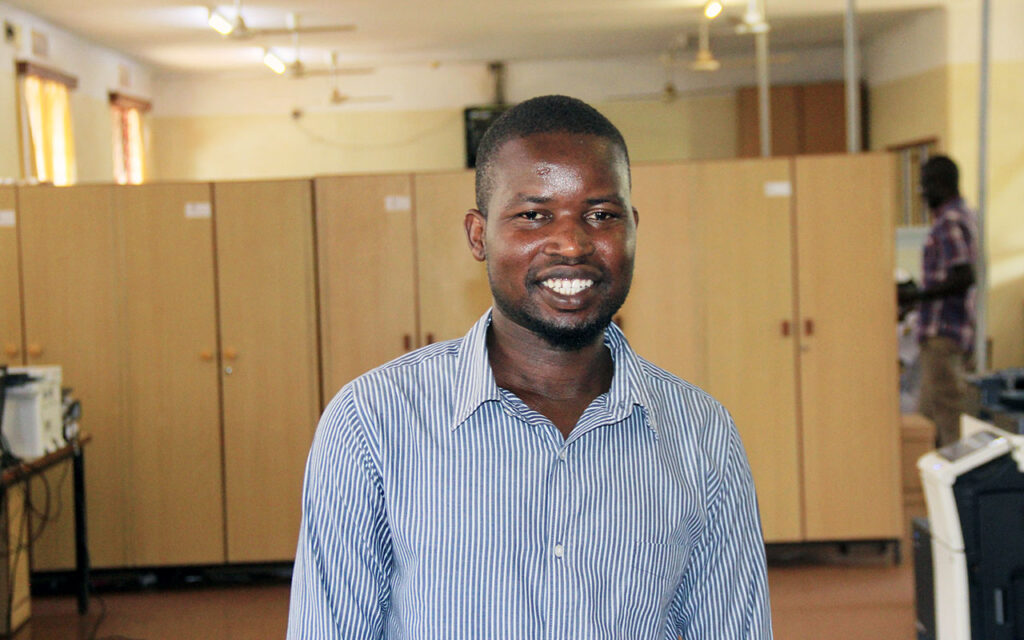Nurses: Your Service Needs You!
Commissioning of haemophilia care is set to change in the latest NHS shake-up. Although most of the new structures have now been set in place, there is still an opportunity for nurses to determine the shape of services.
Michele Davis, assistant director of London Specialist Commissioning Group and the Commissioning Representative on the National Clinical Reference Group, outlined the new commissioning arrangements for haemophilia services at this year’s HNA meeting.
As a rare, complex and expensive condition has long been designated a specialised service. Haemophilia, after all, was the first service to experience a £2 million patient. Previously, 10 Specialised Commissioning Groups had local autonomy for decision-making and implementation on behalf of primary care trusts. Now PCTs are to be abolished.
Enter the brave new world data-driven world of CQUINS and dashboards
From April 2013, specialised services across the whole of England will be commissioned by the new National Commissioning Board, with a total annual budget of £12 billion. As this is 10% of the entire budget, specialised services will be under the political spotlight as never before.
The real benefit of the new structure, Michele said, was that there would be nationally agreed standards of care that all providers must meet, where in the past there were just local service specifications that providers aspired to implement. “For the first time there will be nationally agreed outcomes of care against which all providers will be monitored, and for the first time there will be true national equity of access, meaning an end to the postcode lottery for patients.”
The shape of each specialist service will be determined by a Clinical Reference Group. The Haemophilia CRG will be chaired by UKHCDO chair Dr Gerry Dolan who is keen, Michele told the HNA, to see HNA representation on the CRG. This would give HNA “a real opportunity to be at the heart of decision-making.”
Will patient care suffer?
As a service in which nurses are very much in the front-line, it is clearly appropriate that nurses should be well represented on the CRG. Whoever takes on this role would certainly have picked up a flavour of nurses’ concerns at the HNA meeting, starting with the relevance of the data being collected on the dashboards (which Michele stressed would be reviewed and refined following the initial pilot). Several nurses felt that data collection was not being adequately resourced, leaving nurses to pick up the tab at the expense of patient care: after 20 years as a CNS, one member said 70% of her time was now spent “dealing with stock management, audit, and providing these indicators on the Dashboard.” Michele Davis advised that this imbalance be raised with the commissioners funding the clinical service.
Another nurse was concerned at how the information fed into the Dashboard would be used, and queried whether it was to be fed back to nurses. Michele said it was fed back via Trust management but should also be available through local commissioners, who would be checking for those Trusts that look like outliers. Watch out – they’re coming for you!
We’ll post a more detailed summary of Michele’s presentation in a few weeks time but further information on specialised commissioning and haemophilia services can be found in the resources section of the NCB website at http://www.commissioningboard.nhs.uk
Mike Holland is the founder of Haemnet and SixVibe. He is a freelance medical writer, editor and event organiser – find him at Google+ or Driftwood.


